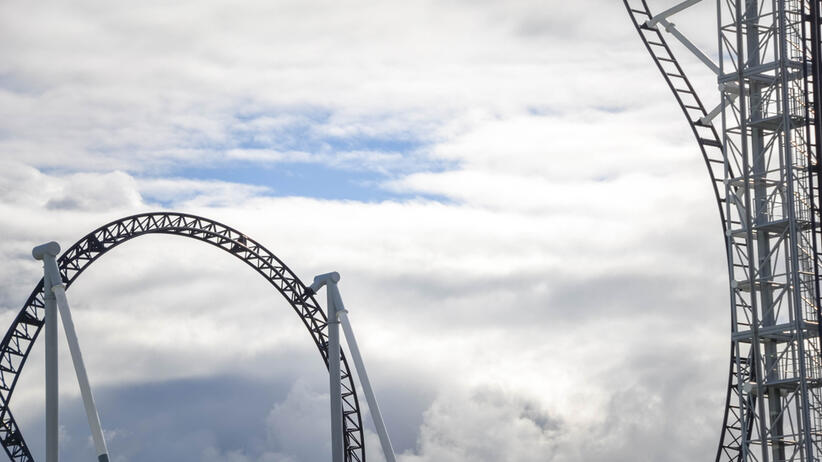One of the world’s fastest roller coasters is closed until further notice at Fuji-Q Highland Theme Park in Japan. The reasons for this decision were customer complaints about injuries and broken bones in the back after riding an extreme rollercoaster. Japanese park authorities are currently investigating.
Do-Dodonpa, the world’s fastest roller coaster, was founded in 2001, becoming one of the main attractions of the Fuji-Q Highland theme park in Japan. In 2016 and 2017, the queue length and speed were increased as part of the revamp – it was able to accelerate to 180 km/h in less than two seconds. The design even found its way into the Guinness Book of Records.
Recently, within nine months, there have been several complaints of injuries following the Do-Dodonpa flight. Park representatives claim that earlier, for twenty years after the attractions were created, no one complained of fractures after using the cable car. The first case was registered in December 2020.
Japan. Do-Dodonpa roller coaster is closed
According to CNN, four people (ages 30 to 50) reported serious back injuries (bone fractures) after using a roller coaster at Fuji-Q Highland.
After these reports, the park’s technical team inspected the entire structure almost immediately, but no deformations were found, Fuji-Q Highland representatives explained.
In order to thoroughly investigate the matter and conduct a security check, the famous roller coaster has been closed until further notice.
“This is an unusual problem, because every theme park must follow government guidelines when building its attractions,” explained Naoya Miyasato, who has been testing these types of machines for years. He added that he does not rule out that the injured did not comply with the safety conditions and could, for example, sit incorrectly.
As official statistics show, accidents on a roller coaster are extremely rare. According to the International Association of Parks and Attractions, the probability of serious injury in a theme park in the United States is 1 in 7.5 million.
Source: CNN, NY Times, Noizz








